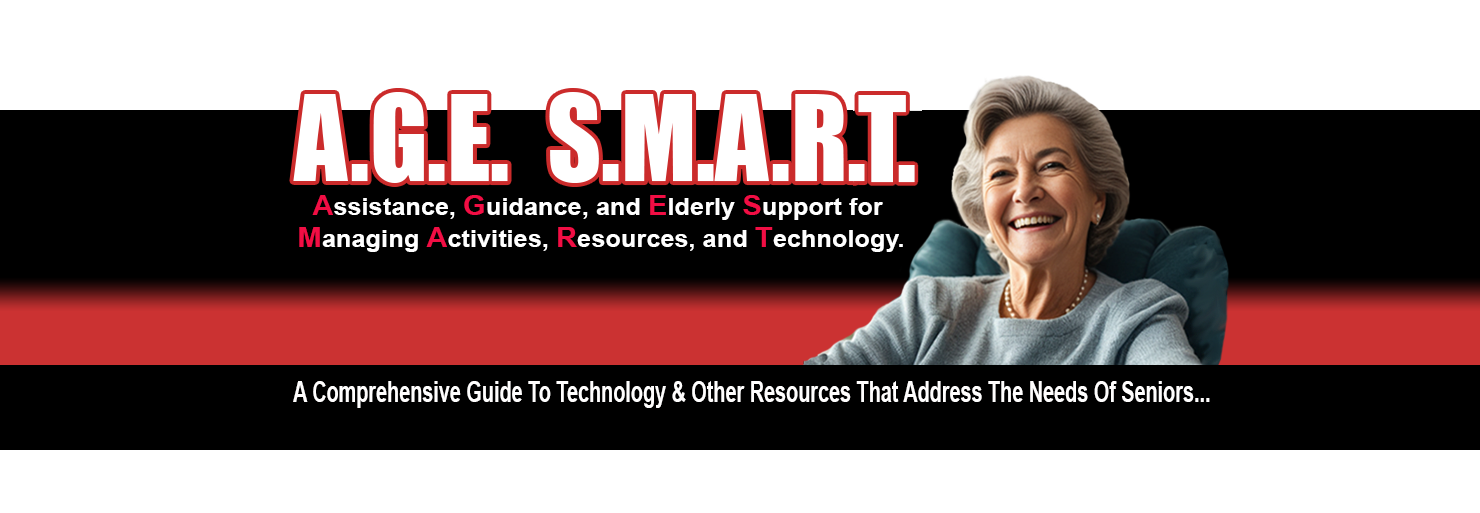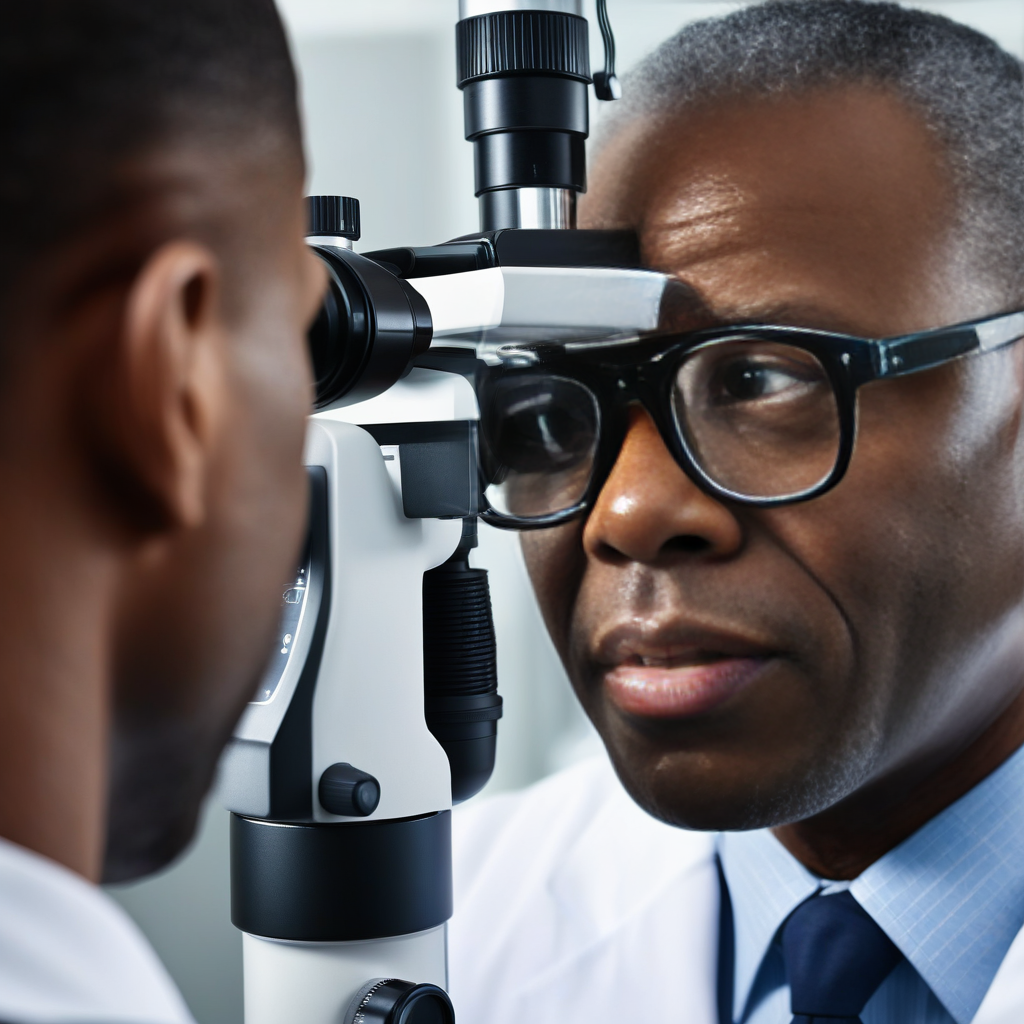
Vision Impairment
Macular Degeneration Foundation: https://macularhope.org/
Directory of Community Resources for Broward County Senior Citizens-Eye Care Page 124
As we age, our eyes undergo various changes that can lead to vision problems, affecting our daily activities and overall quality of life. Seniors particularly susceptible to age-related vision problems, with conditions such as cataracts, glaucoma, and macular degeneration commonly impacting older individuals.
Cataracts are one of the most common vision problems in seniors, occurring when the lens of the eye becomes cloudy, leading blurred vision and difficulty seeing clearly. Glaucoma is another prevalent age-related vision problem, characterized by increased pressure in the eye that can damage the optic nerve and result in loss. Macular degeneration, a leading cause of vision loss in seniors, affects the center of the retina (macula) and can cause a loss of central vision.
The impact of vision impairment on seniors' daily activities can be significant, affecting tasks such as driving, reading, cooking, and even recognizing faces. For many seniors, losing their independence due to vision problems can be distressing and challenging to cope with. However, regular eye exams and prompt treatment can help preserve seniors' vision and prevent further deterioration.
Regular eye exams are crucial for seniors to monitor their eye health and detect any vision problems early on. Eye exams can help identify conditions such as cataracts, glaucoma, and macular degeneration, allowing for timely treatment and management. Seniors should consult with an eye care professional at least once a year to assess their vision and address any concerns or changes in their eyesight.
 In addition to regular eye exams, there are preventive measures that seniors can take to maintain good eye health and prevent vision problems. Some tips for seniors to protect and improve their vision as they age include:
In addition to regular eye exams, there are preventive measures that seniors can take to maintain good eye health and prevent vision problems. Some tips for seniors to protect and improve their vision as they age include:
1. Eat a healthy diet rich in fruits, vegetables, and omega-3 fatty acids to support eye health.
2. Maintain a healthy weight and avoid smoking, which can increase the risk of vision problems.
3. Protect your eyes from UV radiation by wearing sunglasses and hats when outdoors.
4. Practice good eye hygiene, such as washing your hands before touching your eyes and avoiding eye strain from prolonged screen time.
5. Stay active and engage in regular exercise to promote overall health and well-being, which can also benefit eye health.
By following these actionable steps and practical tips, seniors can take proactive measures to protect and improve their vision as they age. It is essential for seniors to prioritize their eye health and seek professional guidance when experiencing changes in their vision. With proper care and attention, seniors can maintain good eye health and continue to enjoy a fulfilling and independent lifestyle in their later years.